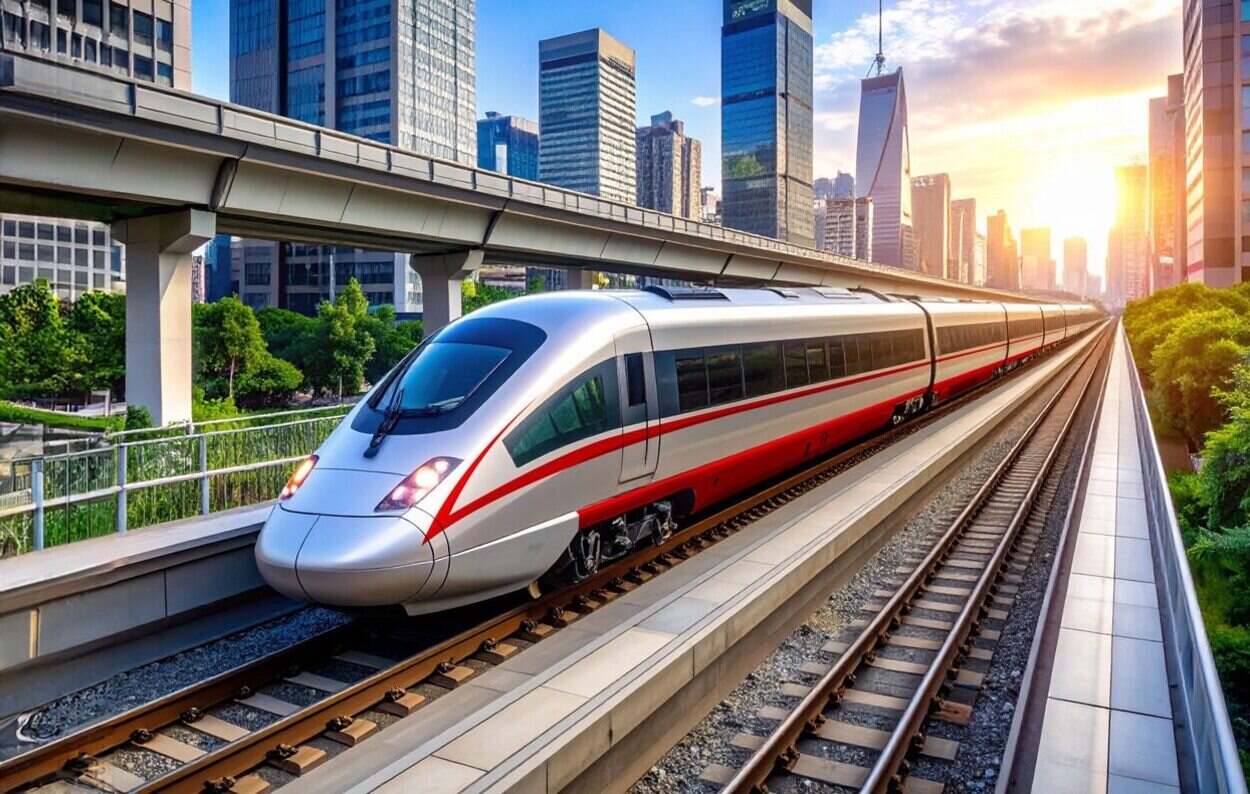Thailand is preparing to launch a public-private partnership (PPP) bidding process for the operation of its first high-speed rail line, a major infrastructure project estimated at over 100 billion baht. The route will connect Bangkok to Nong Khai, spanning 608 kilometers and reducing travel time to just three and a half hours with a ticket fare of 1,251 baht.
On 15 July 2025, the State Railway of Thailand (SRT) held a public hearing to gather feedback on the project, which includes system installation, rail operations, and maintenance. The PPP framework will be implemented under Thailand’s Private Investment in State Undertakings Act of 2019.
The high-speed line is part of a broader collaboration between the Thai and Chinese governments. The first phase, from Bangkok to Nakhon Ratchasima, is scheduled to begin service in 2029, followed by the Nakhon Ratchasima–Nong Khai phase in 2031. The project’s operations will align with China’s Fuxing Hao CR300 trains and technical standards, requiring continuity in design and equipment across both phases.
The Chinese side—comprising China Railway International Co., Ltd. and China Railway Design Corporation—has already signed a Phase 1 system contract worth 50.6 billion baht with SRT.
For Phase 2, the design review and tender segmentation for seven civil works contracts and one maintenance depot are underway. Bidding is expected to begin in September 2025, with construction targeted for 2026 and full service along the entire route projected by 2031.
SRT Governor Verakorn Amrapal noted that three major Thai transport companies—BTS Group, BEM (Bangkok Expressway and Metro), and AERA1 (a CP Group subsidiary)—are seen as leading domestic contenders. Foreign bidders, particularly Chinese firms, are also showing interest and may participate through joint ventures with Thai partners.
The PPP contract will cover a 30-year concession period and focus on system integration, train operations, and maintenance services. The first four CR300 trains will enter service in Phase 1, with an additional ten to be procured for the full route once Phase 2 is complete.
Private-sector consultations are planned for October 2025, following a final public seminar in September. If approved by Thailand’s Cabinet in the first quarter of 2026, bid documents could be issued in mid-2026, with contract awards anticipated by the end of that year. Operations would begin in 2027 in preparation for Phase 1 launch.
The project marks a critical step in establishing Thailand’s first high-speed rail service, which could become a cornerstone of regional connectivity and economic development.



